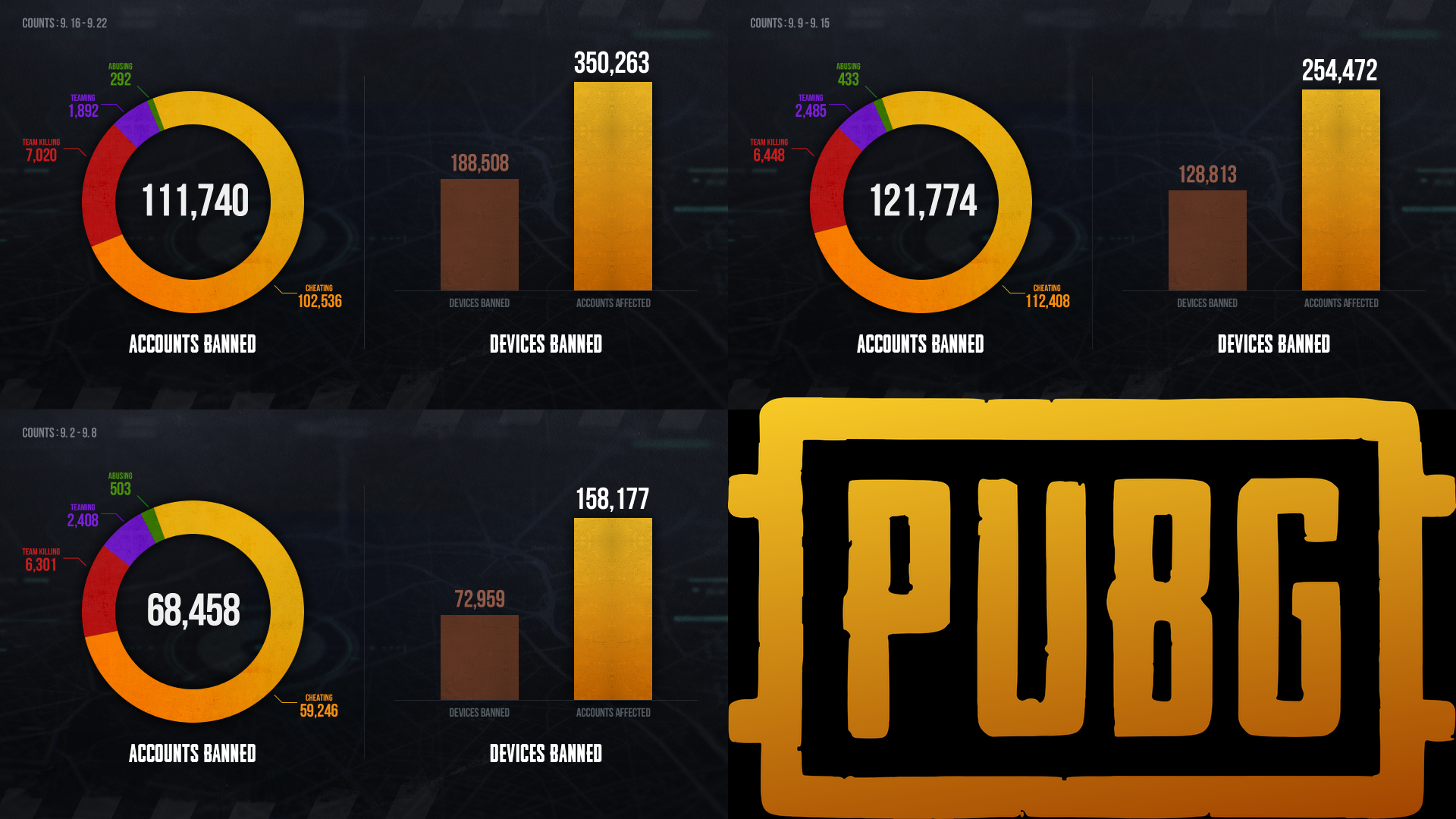A coalition of consumer groups from 18 European countries, led by the Norwegian Consumer Council, has issued a report demanding a ban on the use of virtual currencies within video games. Their argument centers around the manipulative design practices often associated with these currencies and the potential for exploitation, particularly among children and vulnerable individuals.
The report, titled “Getting Played,” highlights several key concerns surrounding in-game virtual currencies:
Obscured Costs: The use of virtual currencies often detaches players from the real-world monetary value of their purchases. This can lead to overspending, as the act of purchasing with virtual coins or gems feels less tangible than using traditional currency.
Predatory Design: Many games employ manipulative tactics to encourage spending on virtual currencies, such as limited-time offers, loot boxes with randomized rewards, and “fear of missing out” (FOMO) mechanics. These tactics can exploit psychological vulnerabilities and lead to impulsive purchases. Targeting Children: Children are particularly susceptible to these manipulative design practices. Their developing brains are less equipped to understand the long-term consequences of spending, and the colorful, enticing nature of virtual currencies can be particularly appealing. Lack of Transparency: The report criticizes the lack of transparency surrounding the odds of obtaining desired items through loot boxes and other randomized reward systems. This lack of clarity can lead to players spending excessive amounts in pursuit of rare items.
The consumer groups are calling for a complete ban on virtual currencies within video games, arguing that they create an unfair and exploitative environment for players. They propose that games should instead display the real-currency cost of all in-game purchases, ensuring transparency and empowering players to make informed decisions. This report comes amidst growing concerns about the manipulative practices employed by the video game industry. Loot boxes and other forms of microtransactions have faced increasing scrutiny in recent years, with some countries even implementing regulations to restrict their use.
The call for a ban on virtual currencies represents a significant escalation in the fight against predatory monetization in video games. While the implementation of such a ban faces significant challenges, the report highlights the urgent need for greater consumer protection in the gaming industry. The debate over in-game purchases is likely to continue, but one thing is clear: the pressure is mounting on game developers and publishers to adopt more ethical and transparent monetization practices. The future of gaming may very well depend on it.








Leave a Reply